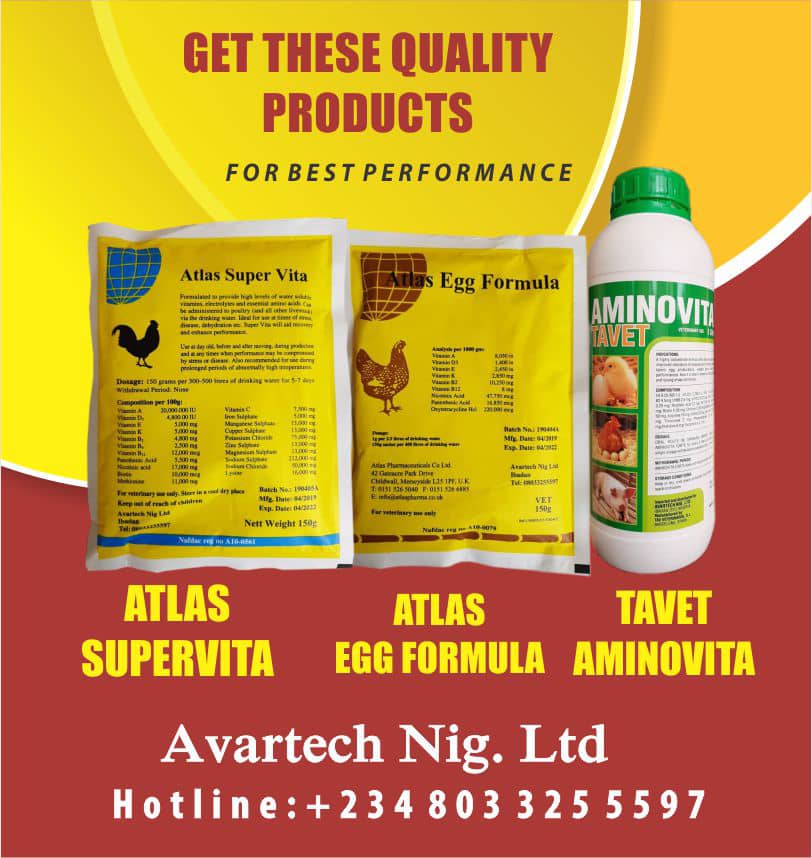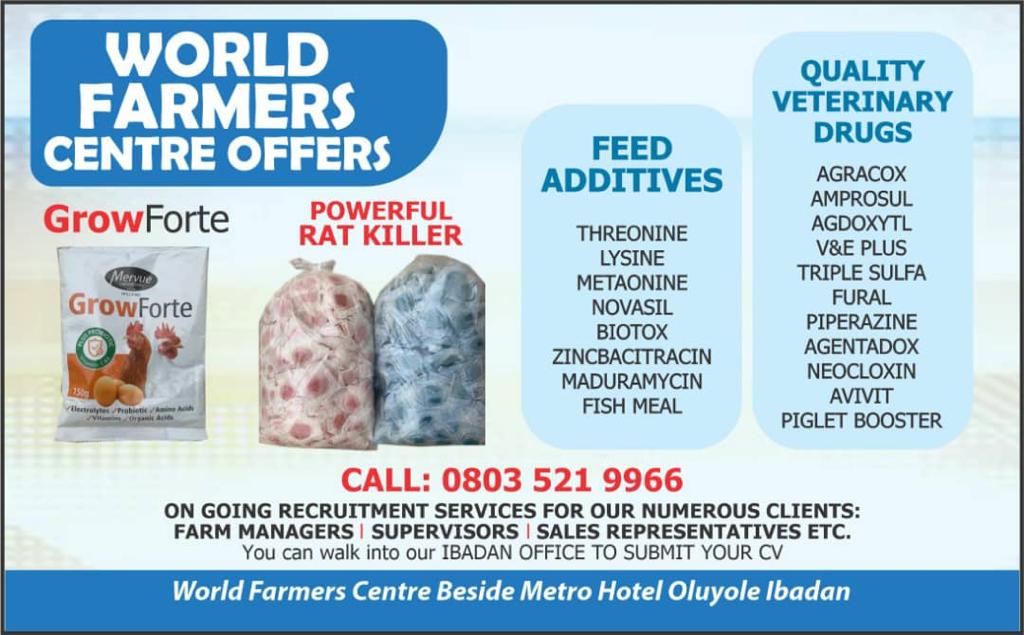13 Management Tips for Better Poultry Performance
Achieving good bird and gut health requires operational excellence and attention to detail. A combination of quality nutrition, veterinary guidance, and increased consideration of bird management will help to ensure birds have the best possible chance to perform at their maximum potential.
Some critical management tips are as follows:
 Learn More
Learn More
1. Biosecurity
Well-defined biosecurity practices throughout broiler production (pre-, during and post-placement) are crucial to successful poultry production.
Effective biosecurity can aid hygiene, vermin and insect control on-farm and help to limit disease transmission within and between barns.
2. Coccidiosis prevention
Coccidiosis is a disease caused by a microscopic intestinal parasite. This parasite can have an impact on intestinal integrity and may predispose birds to other intestinal problems.
3. Brooding management
With today’s improved genetic capabilities and the fast growth of birds, more time is being spent during the critical brooding phase. As a result, ensuring a good start in poultry production can have a significant impact on the future health and performance of the birds.
The brooding period is an important time for intestinal growth and the development of a balanced microflora.
READ ALSO: Agricultural Sector: Beyond Monetary Interventions
4. Litter management
The litter in a poultry house acts as bedding for the birds. In addition to standing and resting on the bedding, birds will naturally peck at the litter. Litter condition and quality have an impact on broiler intestinal health and profitability, starting from when the chicks are placed all the way through production.
Wet litter presents a vicious cycle for intestinal health. Without proper management, even in patches, wet litter can serve as a breeding ground for potential pathogens and may be a starting point for intestinal stress that develops and leads to disease. As wet litter problems increase, ammonia levels in the barn rise, which can be potentially detrimental to bird health. It is much easier to prevent and manage litter moisture conditions before they start.
Some factors to consider which may help prevent the development of wet litter: type of material, quality of litter, litter depth, water quality, drinker line management, lighting management, ventilation and temperature.
READ ALSO: How FG’s Policies Birthed 58 New Rice Mills
Litter that is too dry and dusty can be one of many indications that the birds may not be drinking enough. Too much dusty material may lead to respiratory problems.
5. Water management
Drinking water accounts for 70–80 percent of the bird’s daily drinking needs. Poultry will generally consume more water than feed. As a result, water is the most critical nutrient for poultry. An abundance of clean water will reduce challenges and maximize performance.
6. Feed management
Birds must have easy access to feed. Proper feeder line height corresponding to the height of the birds helps to reduce feed wastage and mixing feed with litter, and it ensures that all birds have access to feed. Adequate feed access is also achieved by following the feed line manufacturer’s recommendations for the number of birds per feed pan or line of trough feeder.

Birds will naturally peck at litter but avoiding “out-of-feed” events helps to reduce the potential for birds to peck excessively at the litter. Simple measures like activating trigger feed pans and monitoring feed bin levels during barn checks can help to prevent such events.
Good feed quality that avoids contaminants like mycotoxins is important to ensure performance.
7. Stocking density
A higher stocking density of poultry in addition to crowded housing conditions has been shown to have a negative impact on performance, causing stress to both the birds and intestinal microbiota.
Lowering stocking density throughout the overall production of the birds may help to reduce challenges.
Watch Out for Part 2















